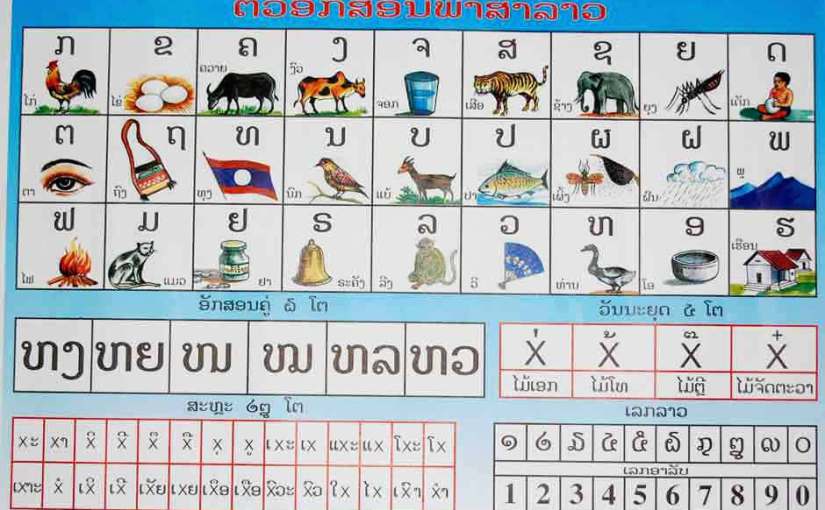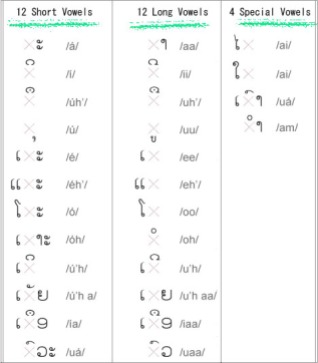Home again after a 12 hour epic journey from Don Det, surrounded by 4,000 Islands, back to Savannakhet. We had a pink piece of paper that said 3 pax, from x bus station to Savannakhet. To get to the bus station, we needed to wait for a ‘ferry boat’ that left at 11am. Rani had his own pink ticket, that took him from the bus station, to Pakse airport, ready catch a flight to Luang Prabang, and then on to Van Vieng the next day on a bus. Luckily, after most of our cash was stolen, even though we had to be very careful to make it last – 800,000 kip ($AUD140) between all of us didn’t go far! (OK, in hindsight, a lot further than it would have back home in Australia!)
So with Rani phone-less (didn’t survive being dropped down a toilet), Caroline also phone-less (got stolen along with our kip), and about 7 bags between us, we waited in a queue of about 30 other falangs going to various destinations, on the same (rather small long) boat, at the same time. Then the wonderful refrain that you hear when travelling with a gorgeous 7 year old, “aaaahhhhh, Tilly, you come with me, yes, all of you, come and get on this boat!” Ah what a relief, she’s certai nly made herself known on this little island haven!
nly made herself known on this little island haven!
So we managed our way onto the boat with our luggage, Rani doing the heroics carrying most of it with him, got to …. Remembered where the bus had dropped us off days before, and walked the 500metres or so, to find the bus was there ready for us. We got ourselves on – yay, good seats, lots of space, air con… luxury.
After a couple of hours, the big bus managed to get us up the side street in Pakse where our amazing travel agent Khem was waiting for us. As we got off the bus (hoping to get ourselves some food for the rest of the trip) a savage tuk tuk driver got on the bus saying “Pakse airport, Pakse airport”. Being tired and not thinking I said to Rani, quick quick, follow him … quick hug, kiss, best wishes for the trip, that was the last I saw of my son … Found Khem who said “where is your son?” She had been ready to get him to the airport herself, and I realised it was just an opportunistic tuktuk driver who had taken him … god only knows what he charged him but he’s gone now … no phone or way of contacting so just hope for the best, once again.
(In general, don’t trust tuktuk drivers in Laos – rip offs! A 10 km trip that costs a local approx. 10,000 kip or AUD $1.65 will be bumped up to around 50,000 kip for a falang – find out what it should cost and offer them that – be prepared to barter or walk away, and agree before you or your bags are on board).
We got to have our lunch – a case of going to a restaurant, asking if we could have baguettes rather than bread sandwiches, and that we only had 5 minutes before our bus left, and smiled at the restaurant owner as she took off on her motorbike to go and buy the baguettes … 10 minutes later, back to our luggage at the travel agent, and onto a tuktuk arranged by Khem, with two Israeli guys with very limited English, and who didn’t seem to know the name of the place they were headed to. The tuktuk stopped in what seemed a rather random location, on the side of the road next to a little portable shop that sold watches – we thought maybe he needed one because he didn’t seem to know what time the bus was due to leave. Amazingly, up drives a bus, stops on the side of the road and he tells us to board it. Um, ok!
Luxury comfort, leg room, air con, music video playing, bags loaded, and off we went. We didn’t know if this was just the bus to the bus that we were taking or what, so we sat ready for the next off-loading, but no, on we went and we were all very happy with that! Bus stopped a number of times for toilets and food (wow!) and random monkeys in cages. Now this is good travelling! Until … a horn, a bump, a scrape, bus slows to a stop, a smash, metal crunching … immediate thought, we’ve hit something … the crunch and the smash under the bus, OMG, we’ve hit a motorcyclist, they are under the bus, Matilda whimpering, what’s happening mummy? We stop. We wait. No one speaks English. Most people stay on the bus. We wait. They clear a space in the luggage area and my mind makes up the whole scenario (loading the body and wreckage into the bus hold…).

Inside the cab…
We wait. Finally I climb out of the bus to see what’s going on. No sign of smashed motorcycle. No sign of blood or dead animal. There is a little crowd at the front of the bus so I go to investigate. I see that the window in front of the driver is smashed, a small hole with shattered but intact windscreen. People standing around discussing … um, whatever. A woman talking urgently on the phone. OK. I take the opportunity to have a wee on the side of the road. End up sitting down so that the passing traffic doesn’t have to be upset by a view of my big white ass. Goddamned it, prickles – why do I always seem to land in the prickles?
We were probably there for an hour – after some time we gathered that the bus had actually hit a buffalo, buffalo just wandered off, window smashed, four hours still to go to get to Savannakhet, darkness. Then suddenly everyone gets back on the bus and it sets off slowly, cautiously, and we wonder what time we are going to arrive home at this pace, if at all. It’s night, can’t see a thing … we are crawling along. Next thing, the bus stops again, and I hear “Savannakhet” and the bus man gestures to us to get off the bus. Just as I was finally getting comfortable enough to sleep. Oh. Caroline (speakers back on, settling back into sleep mode) we have to get off! Mad scramble for our multitude of bags, and I look around – this sure doesn’t look like Savannakhet to me! Bus station, lots of market stalls open, but absolutely no idea where we are!
A man with no English is gesturing and petting Matilda, touching her face, trying to get her to sit with him. Who is this man? Where the hell are we? Why did they make us get off this bus in this strange place? I walk around and say to everyone, “Savannakhet”? I can’t work it out because they say “boh” – no – so why the hell are we here???? I come to my senses and remind Caroline that it all seems to work out in the end … they seem to know what they’re doing, so we can only play along, and keep the faith.
Amazingly, a minibus appears and we are ushered into it – crammed full of non-English speaking refugees from the previous bus, presumably heading for Savannakhet, we manage to squeeze in – Matilda on my lap in the front seat with our creepy sleaze-man, we set off again. Along the way, I finally start recognising the ‘free economic zone’ on the outskirts of Savannakhet, and Matilda was the first to spot the familiar dinosaur roundabout. They dropped off some passengers at their hotels (how did they know that?) and we just kept the faith. I asked our sleazy friend if he knew Savannakhet (yes) and did he know the Avalon hotel (yes) and tried to have a conversation and then he said he was Vietnamese, hence the non-understanding, and as we soon found, he had no idea where the Avalon was – once we got to the bus station, he virtually pushed us out of the bus, with no intention of dropping us anywhere near our destination.
Well, we managed to get a tuktuk back to the Avalon where we had a celebratory and very relieved Beer Lao – 12 hours after leaving the island. Wow, another adventure…. Xox The moral of the story was, for me, is keep the faith… If you have been promised to be transported from point A to point B, you will probably get there … eventually.







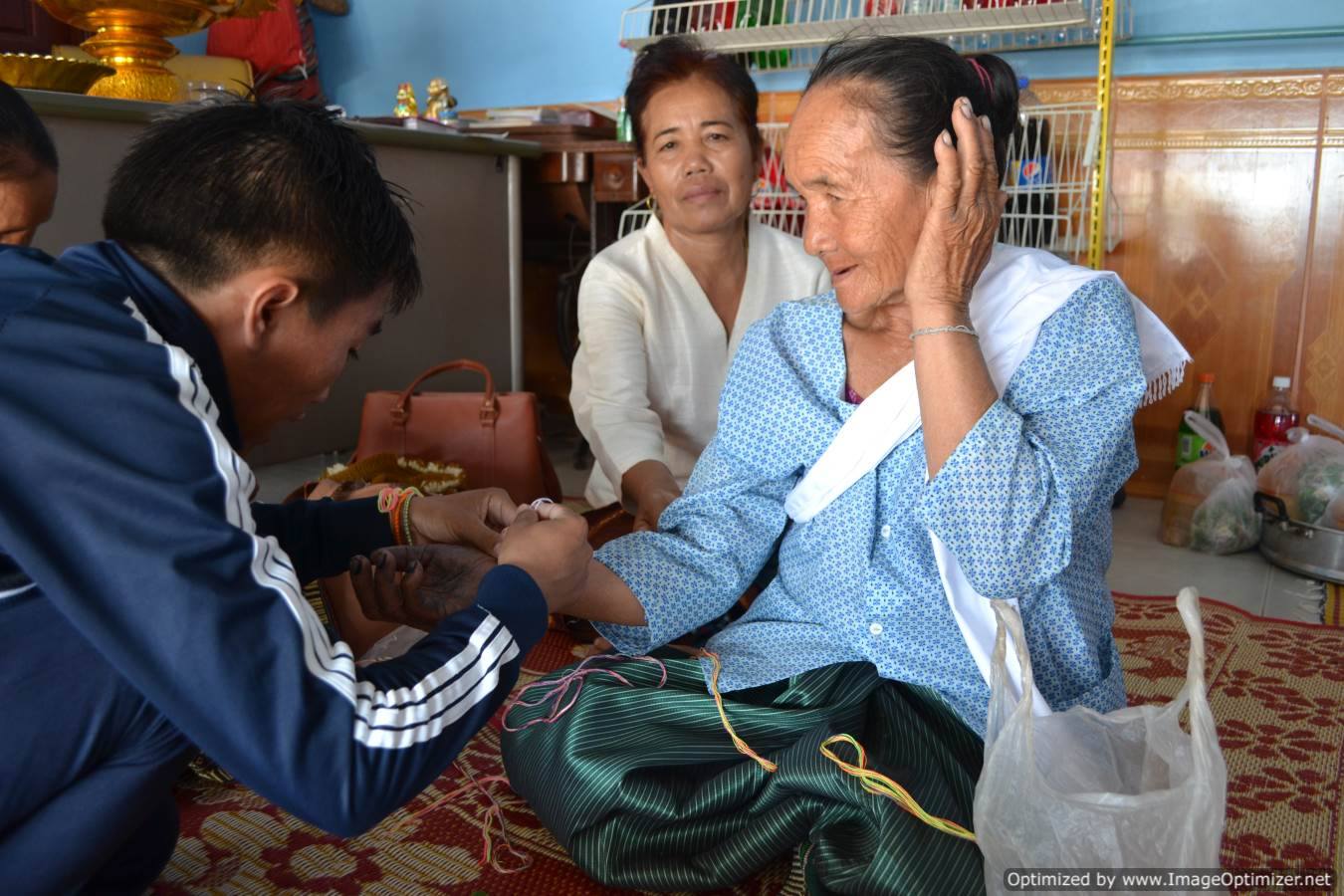
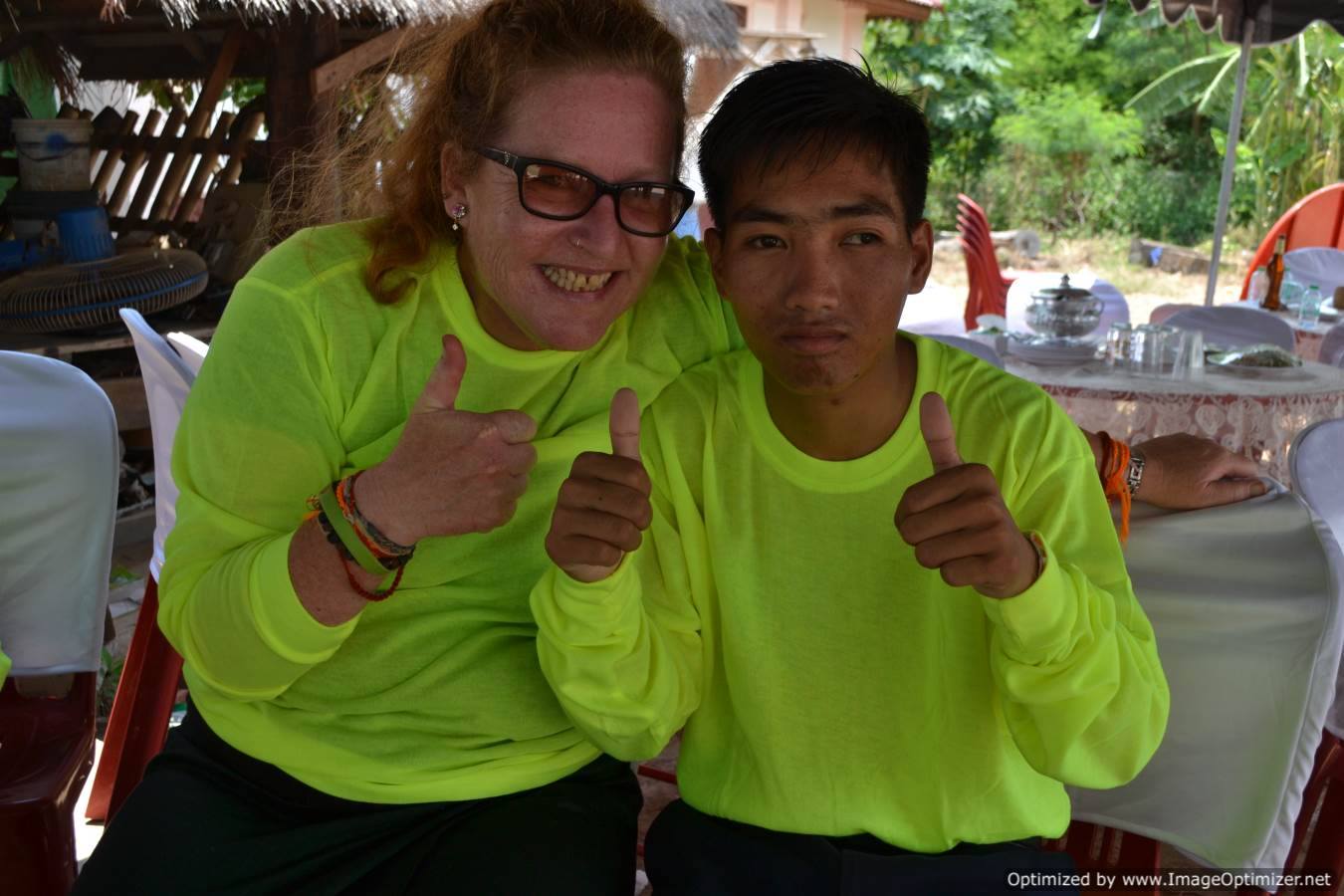






 I have neglected my space here, but I have never stopped my writing and my thinking. The last few years have bought joy, sorrow, despair, frustrations – but here and now, life is better than ever, and I’ve decided to make the effort again to record and share this. I don’t do it for recognition – jeez, not like I have a following, but it gives me the opportunity to put down my thoughts and try to make sense of the world out there.
I have neglected my space here, but I have never stopped my writing and my thinking. The last few years have bought joy, sorrow, despair, frustrations – but here and now, life is better than ever, and I’ve decided to make the effort again to record and share this. I don’t do it for recognition – jeez, not like I have a following, but it gives me the opportunity to put down my thoughts and try to make sense of the world out there.







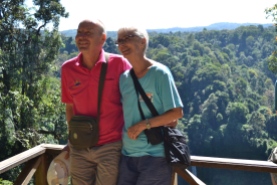





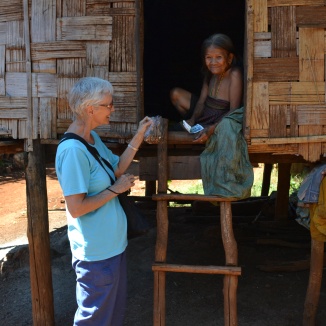
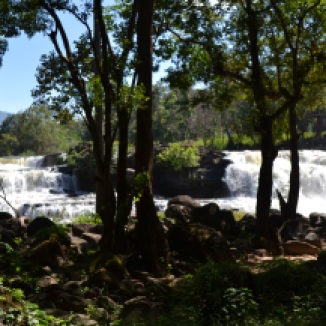













 nly made herself known on this little island haven!
nly made herself known on this little island haven!


